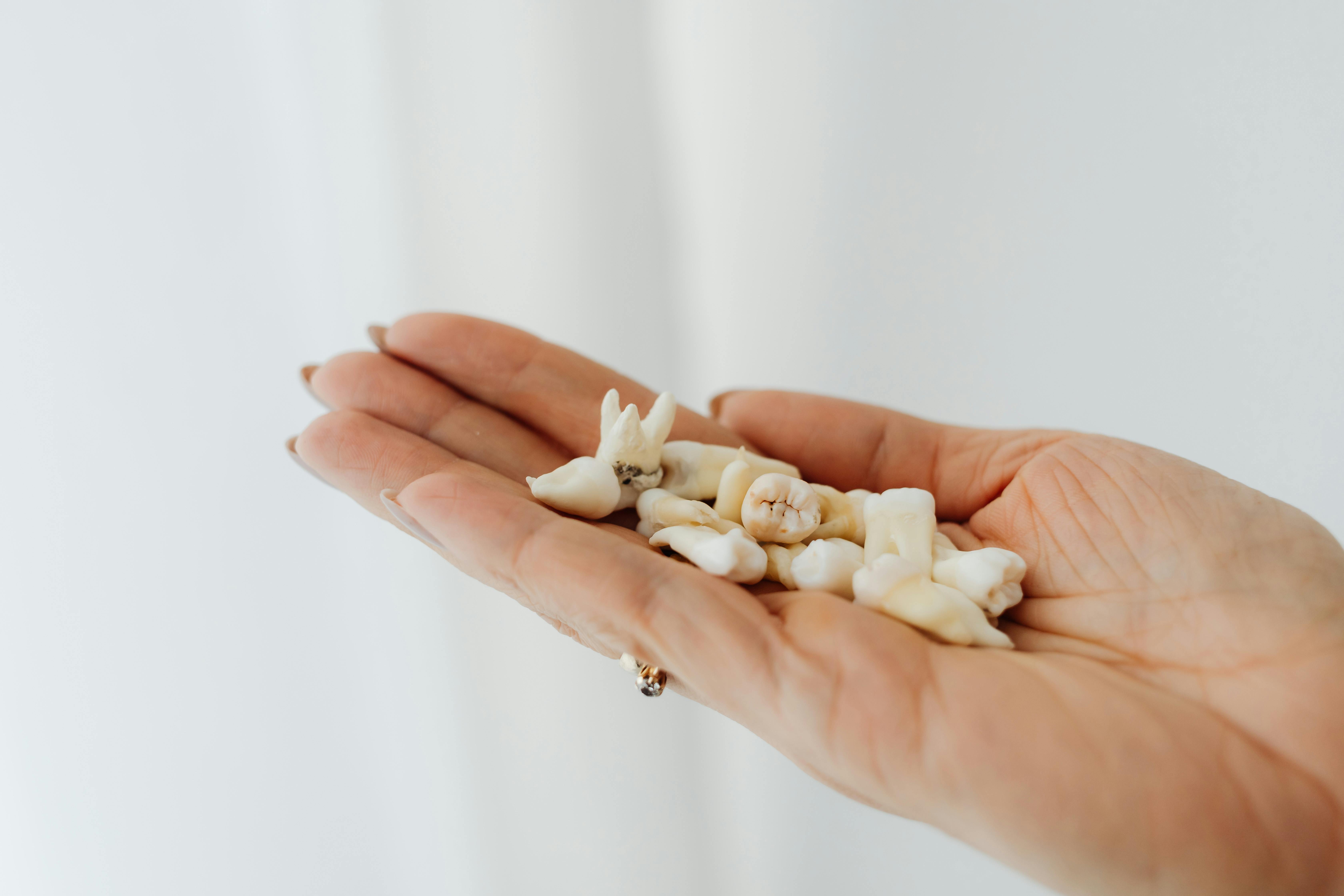The Connection Between Pacifiers and Dental Development
The Connection Between Pacifiers and Dental Development
For many parents, pacifiers are a lifesaver—offering instant comfort, soothing fussy infants, and helping babies sleep. But as your child grows, you may start to wonder: Is this little habit affecting their dental development?
At Gargi’s Dental Care, Kolkata, we often address concerns about pacifier use during our pediatric consultations. Used wisely, pacifiers can be harmless and even beneficial in early infancy. But extended use can sometimes interfere with the way a child’s teeth and jaws develop.
Here’s what every parent should know about the connection between pacifiers and your child’s dental health.
The Pros of Pacifier Use (in the Early Months)
Pacifiers aren’t all bad. In fact, during infancy, they can offer several short-term benefits, such as:
- Soothing crying and fussiness
- Helping babies fall asleep
- Satisfying the natural sucking reflex
- Lowering the risk of sudden infant death syndrome (SIDS)
Most dental concerns arise not from using pacifiers, but from prolonged use—particularly beyond toddlerhood.
How Pacifiers Can Affect Dental Development
When pacifiers are used for too long—especially past the age of 2 or 3—they can begin to influence the way the teeth and jaws grow. Common dental issues linked to extended pacifier use include:
Open Bite: A condition where the front teeth don’t meet when the mouth is closed, leaving a gap.
Overbite: The upper front teeth push outward and cover the lower teeth excessively.
Changes in Jaw Shape: Continuous sucking motion may cause the palate (roof of the mouth) to become narrow, affecting how teeth erupt.
Speech Issues: Jaw and teeth misalignment can affect the clarity of sounds and speech patterns.
It’s important to note that these issues are more likely when pacifier use continues well into the preschool years, especially if the child uses the pacifier frequently during the day and while sleeping.
When to Stop Using Pacifiers
Most dentists recommend beginning the weaning process around 12 to 18 months and discontinuing use entirely by age 2 or 3 to avoid long-term dental effects.
In some cases, if pacifier use continues after age 3, a pediatric dentist may recommend early orthodontic monitoring.
Tips for Weaning Off the Pacifier
Weaning doesn’t have to be a battle. Here are a few parent-approved strategies:
- Gradually reduce pacifier use to specific times (like bedtime only)
- Offer comfort through other means like cuddles or storytime
- Trade the pacifier for a new toy or “big kid” reward
- Snip the tip of the pacifier to reduce suction satisfaction
- Celebrate pacifier-free days with praise and positive reinforcement
If you’re unsure how to begin, your child’s dentist can provide personalised advice based on your child’s age and habits.
Pacifiers vs. Thumb Sucking: Which Is Better?
From a dental perspective, pacifiers are easier to control. Parents can take them away, whereas thumb-sucking is a harder habit to break. That said, both habits can impact dental development if they persist too long.
The key is not which habit a child has—but how long they have it.
How Gargi’s Dental Care Supports Healthy Smiles from the Start
Our pediatric-friendly team at Gargi’s Dental Care believes in early prevention and gentle guidance. We help parents:
- Monitor jaw and tooth development
- Identify early signs of alignment issues
- Wean off oral habits in a positive way
- Determine if early orthodontic care is needed
Early intervention can help avoid complex dental treatments later in life—and set your child up for a confident, healthy smile.
Worried About Pacifier Effects on Your Child’s Teeth? We Can Help
A pacifier is just one part of a bigger picture. With expert dental guidance and timely intervention, your child can grow up with healthy, properly aligned teeth.
Book a pediatric consultation at Gargi’s Dental Care, Kolkata, and let’s build strong smiles together—right from the start.
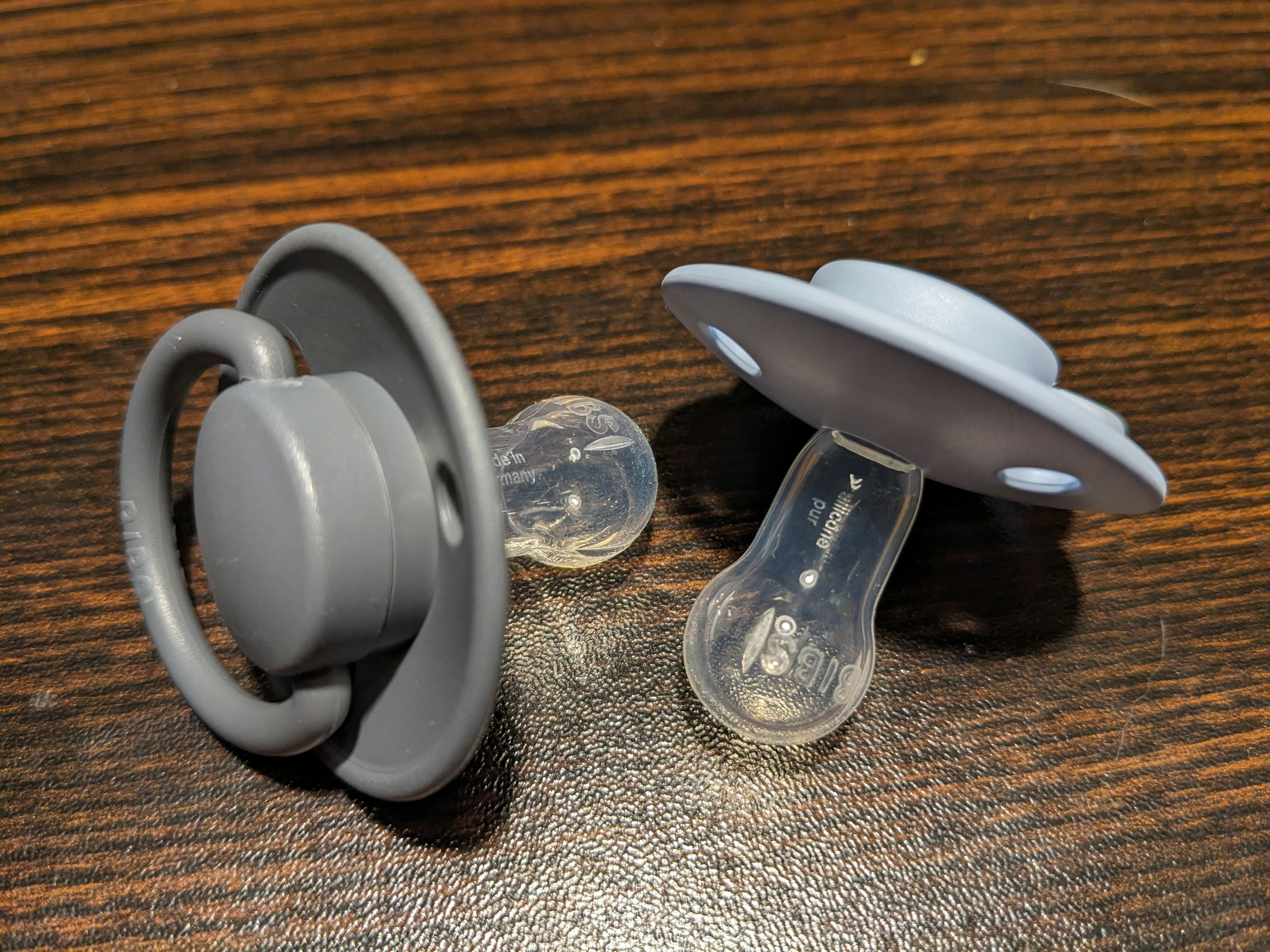

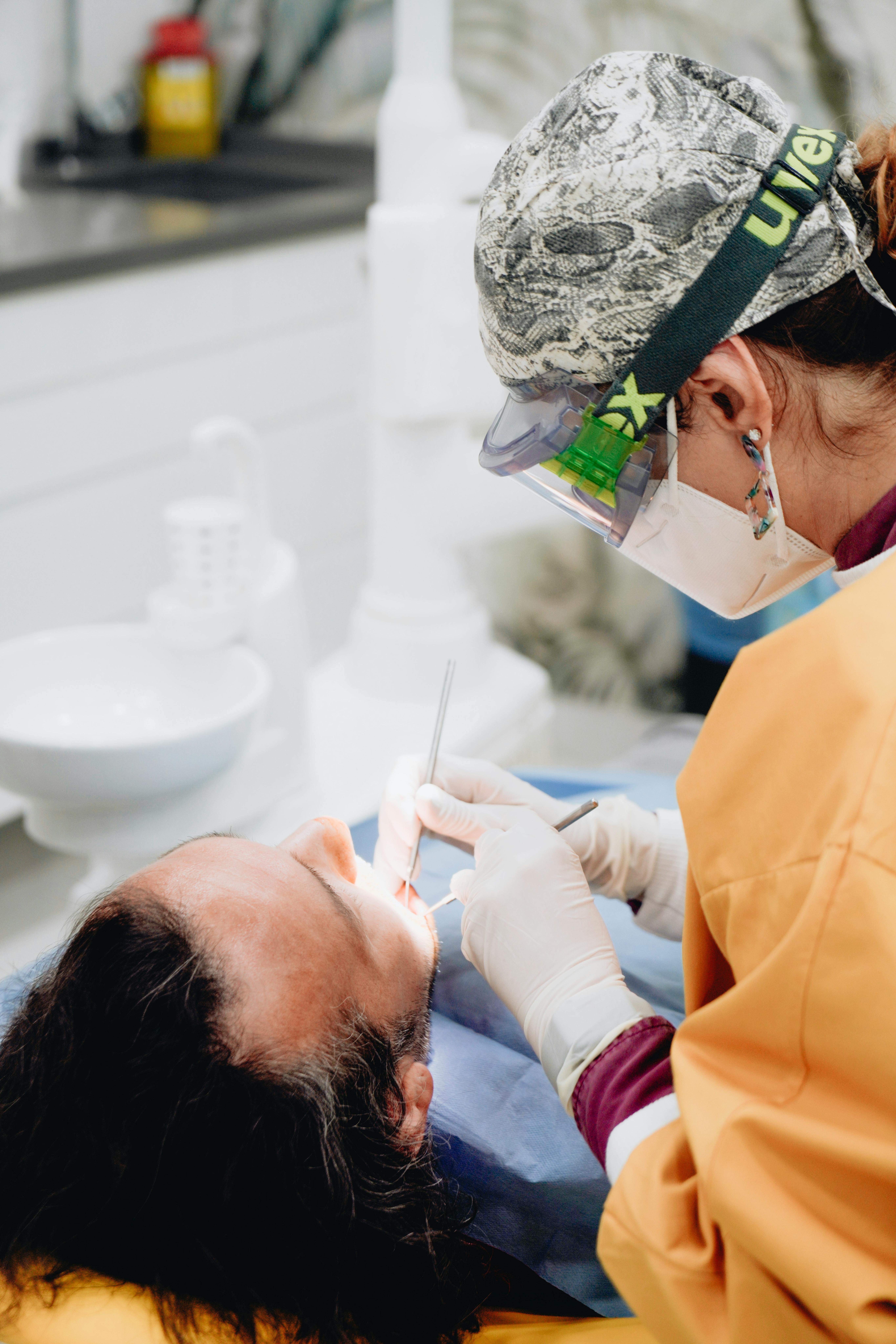
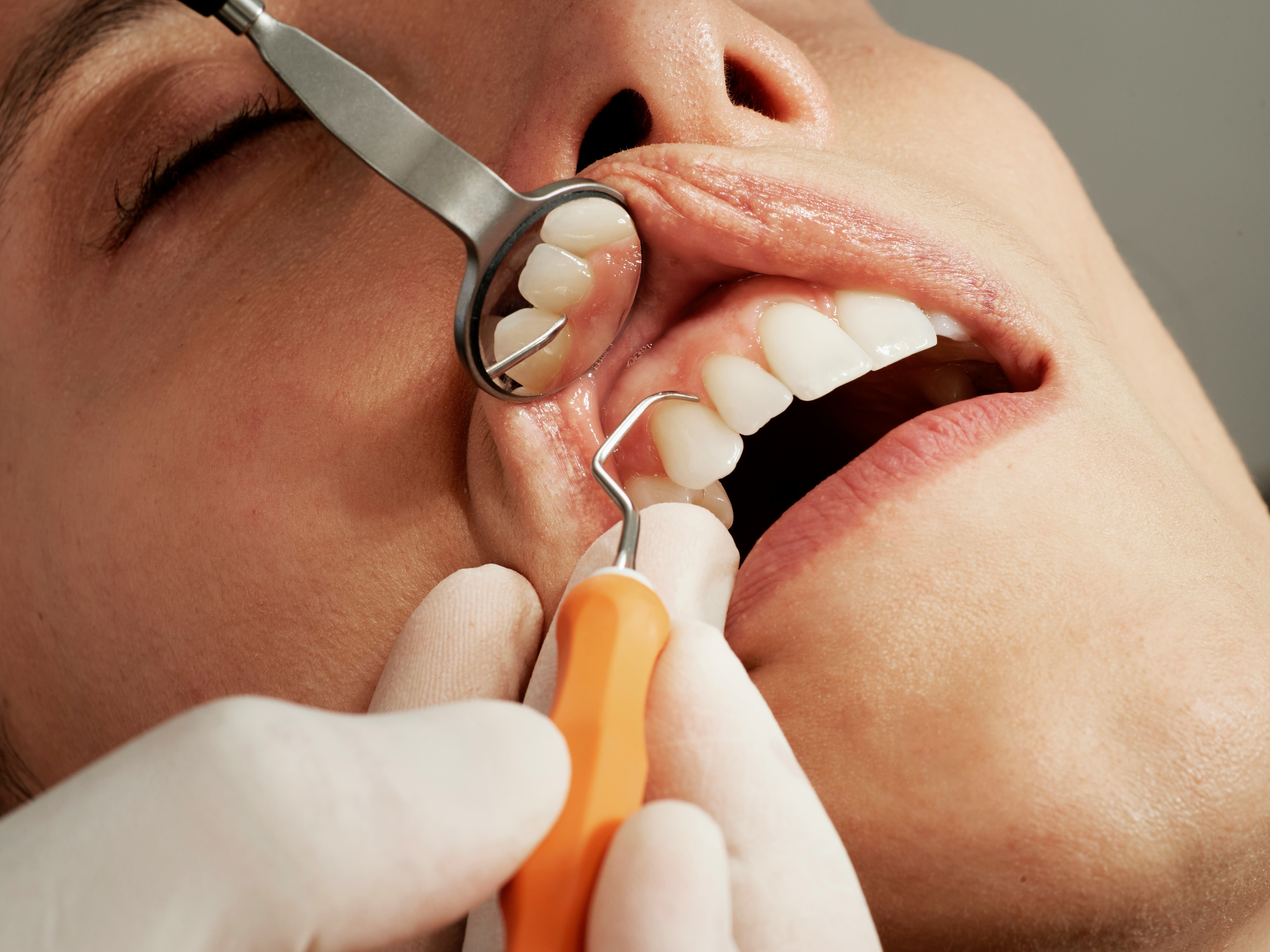
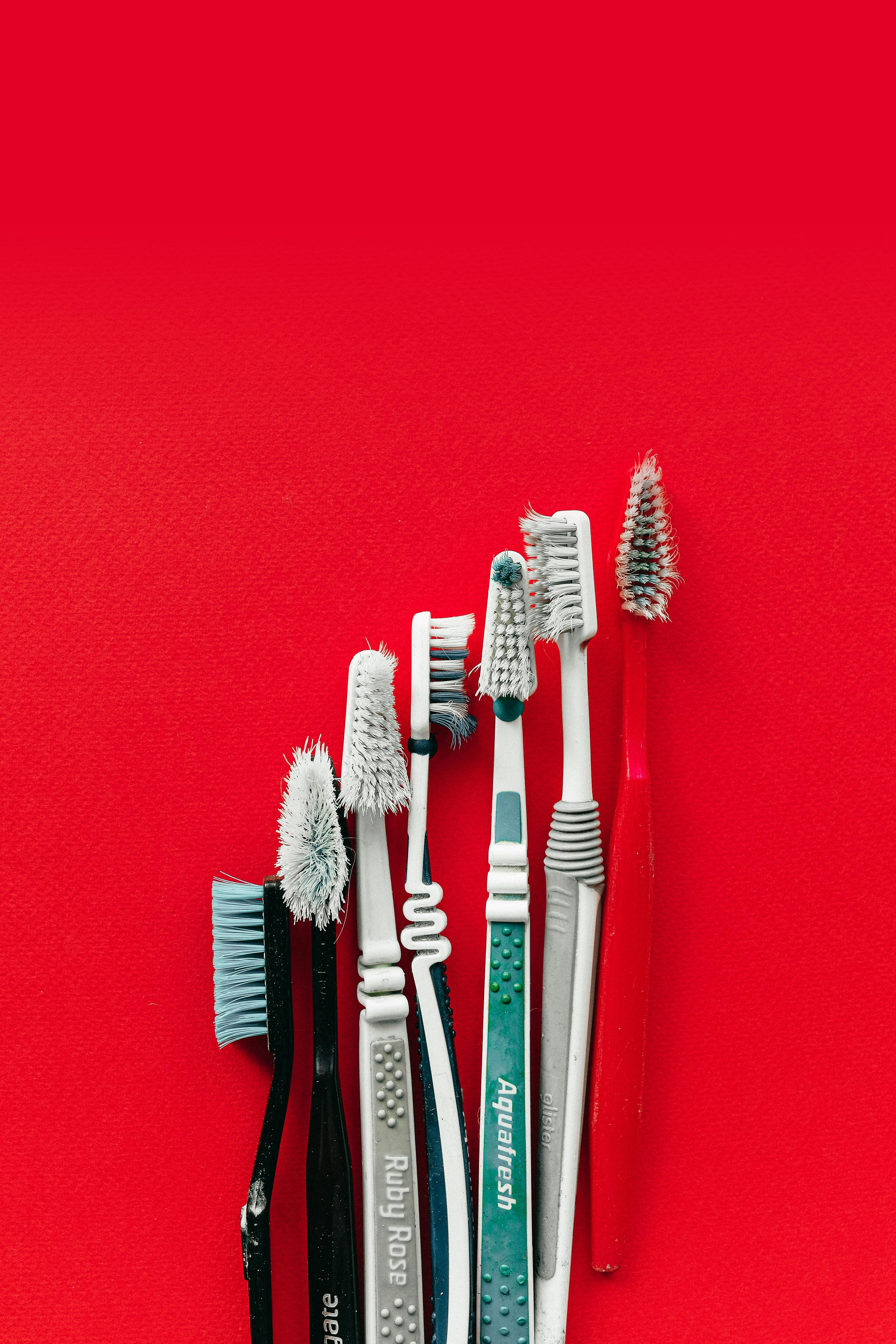

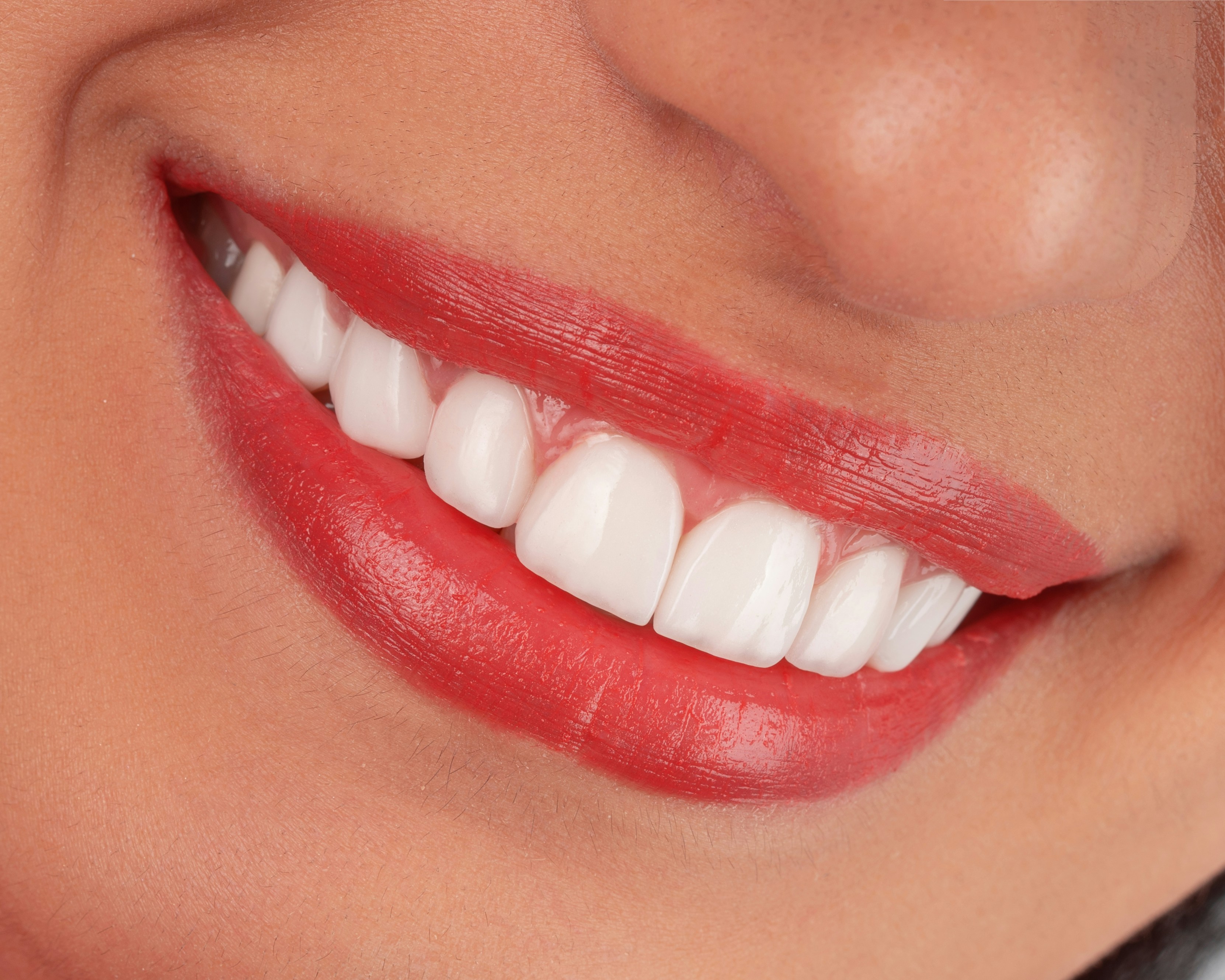
.jpg)
